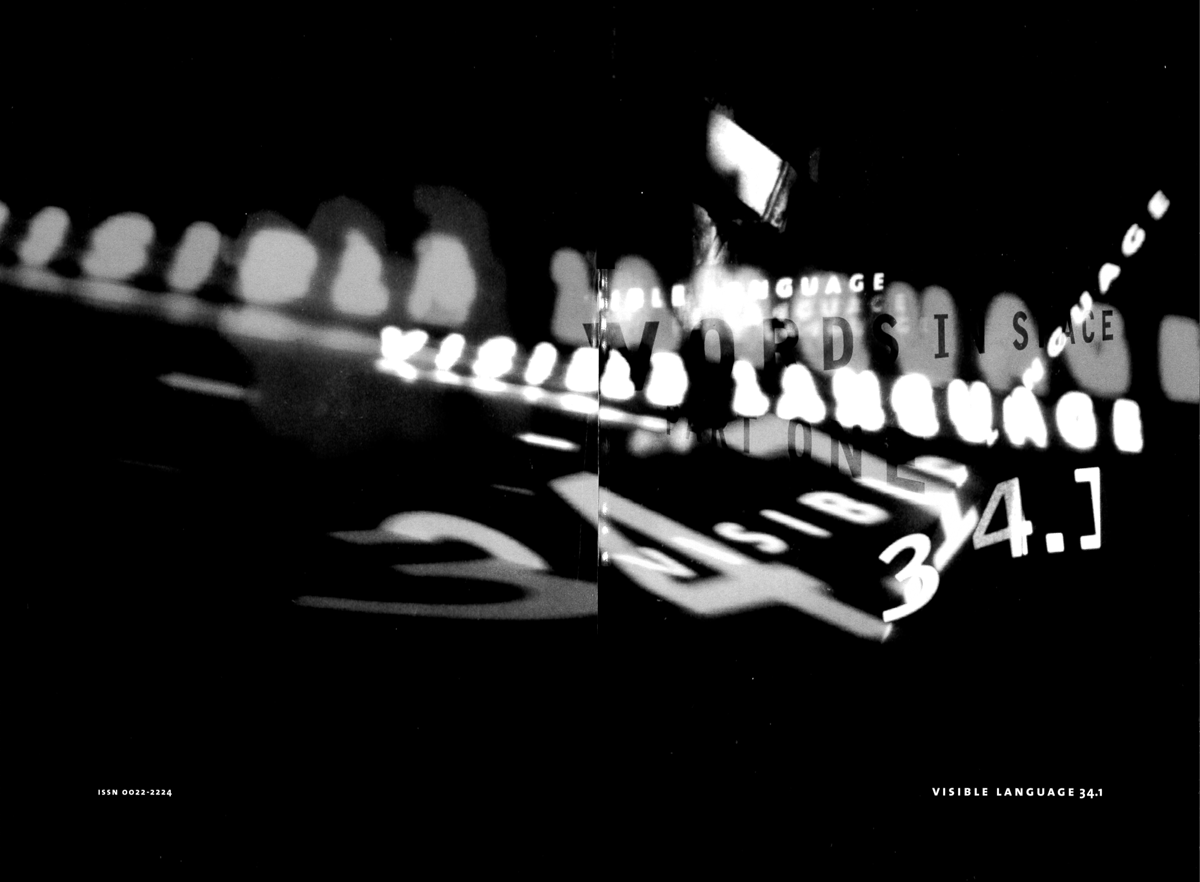Reading the City: Writing and the Construction of Urban Space in Jem Cohen’s Lost Book Found
Abstract
This essay takes the short film Lost Book Found (1996) by Brooklyn-based film-maker Jem Cohen as an exemplary meditation on the materiality of writing in contemporary urban space. The film brings the materiality of the book form and the textuality of the city into contact through the memory of the narrator, who makes frustrated attempts to "read" the city and locate himself in urban space through various forms of writing: handwritten notices and flyers on the street, degraded and palimpsestic typography on the sides of buildings, prices and signs in store windows, various found objects and scraps of paper, blowing garbage tracing patterns on the sidewalk. The essay analyses these scenes of writing with reference to a number of important theorizations of urban space and argues that the film’s attention to sites of low-capital exchange and street-level commerce represents an attempt to map the individual’s relationship to a volatile urban fabric responding to postindustrial modes of investment and exchange that can occasion the rapid refashioning of entire city blocks. So doing, the film seizes on the spatialization of writing and the materiality of the book form as potentially redemptive sites for grasping the urban future and for understanding the city as a text that is ultimately authored by the material practices of those who walk its streets every day.Downloads
Published
2000-04-01
Issue
Section
Journal Article

